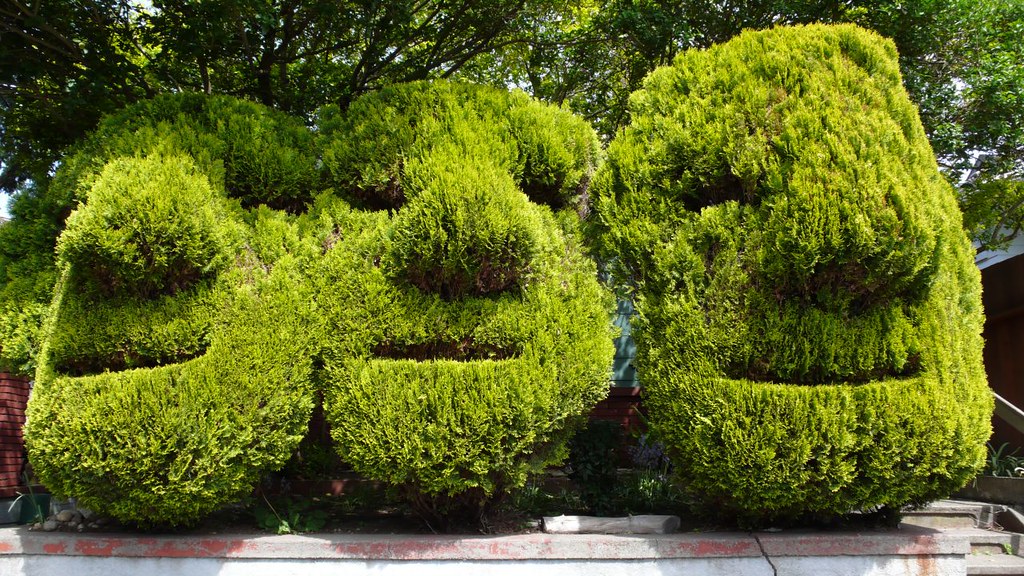For those of you who have ever received a legal threat from Pixsy for using a Flickr photo with a CC 2.0 license, this update is for you. We have had many headaches dealing with these legal threats from Pixsy regarding attribution on Flickr photos that have a CC 2.0 license, so I am exceedingly happy that Flickr has decided to take action on behalf of the community. Pluralistic: Flickr to copyleft trolls: drop dead (01 Apr 2023) – Pluralistic: Daily links from Cory Doctorow
Cory Doctorow deserves so much appreciation for his strong public stance and emphatic voice declaring the meaning of the commons. And wow did I enjoy reading his connection/influence on the origin of flickr, well worth the full read of his post.
I am also struck by how little this loophole is known in the early versions of the CC licenses- that by not complying full with attribution requirements placed on an image posted by a Copyleft Troll, it was immediately nullified.
I did not know that flickr had distanced itself from pixsy, noting that that “service” and also the 2019 era announcements were all wrapped in “protecting from image theft” not about providing a means to snare:
a powerful corporation that devotes its considerable energy to tormenting people who used Creative Commons licenses as they were intended to be used
I have to admit I use pixsy, but since all my flickr photos are shared under CC0 I never can nor had in interest to pursue reuse as a threat; I merely like looking every now and then to see where my photos are reused.
There is an odd taste when I see my public domain images have been uploaded to Alamy where they are for sale. Caveat Emptor to someone who looks to a commercial service to get what is available in the public domain.
But my weird perspective aside, this again is a reason to be advising and coaching OER developers to be diligent with attribution, not only to avoid the trolls, but more so, because it’s the right thing to do. And more of an emphasis to encourage Openverse for use in finding and reusing images (and audio) because it provides content only licensed Creative Commons and a one click copy/paste for a full developed attribution.
Know about, find, and avoid the trolls and know how to deal with them.

“Trolls” by tsparks is licensed under CC BY-NC-ND 2.0. (I found these in an Openverse search)
Thank you for posting this, Clint, and for the reminders, Alan. I often wondered why Flickr only offers 2.0 licenses for photos. I just checked and that still seems to be the case. Doctorow’s post is helpful in discussing some of the context and backstory, and how they have made a helpful move so far:
" … what they have done is modify their policies to create a de facto CC 4.0 environment for their users, by promising to terminate the accounts of any user who repeatedly threatens legal action over bad attribution strings without first offering a 30-day grace period."
I really appreciate learning more about this and what Flickr is trying to do so far for its part. Doctorow’s writings on this issue (in this article and others he links to from there) are amazing and right on target.
I vaguely remember some discussions at Creative Commons (?) about this. There are some details in the weeds that are beyond me.
One challenge is flickr cannot just change the version everyone’s license, they would have to create some option for users to update, and I bet there are some huge technical issues. One can spend much time wading through the flickr forums – I found one from 2015 where I chimed in. And here is an opinion that there are problems with 4.0 versions (?)
I’ve read Jonathan Poritz in the CC Slack suggest for YouTube which only offers one flavor of CC that a content owner could assert a specific license in the video description, so here I wonder if in flickr, one could do that as well, all opening up worm cans for multiple licenses.
It’s never simple with licenses!